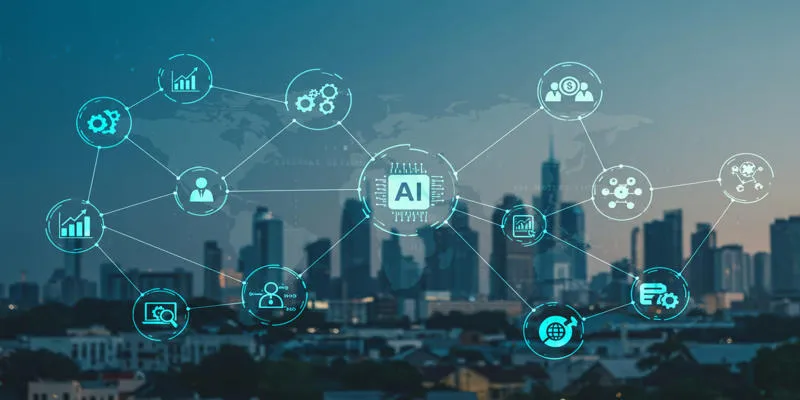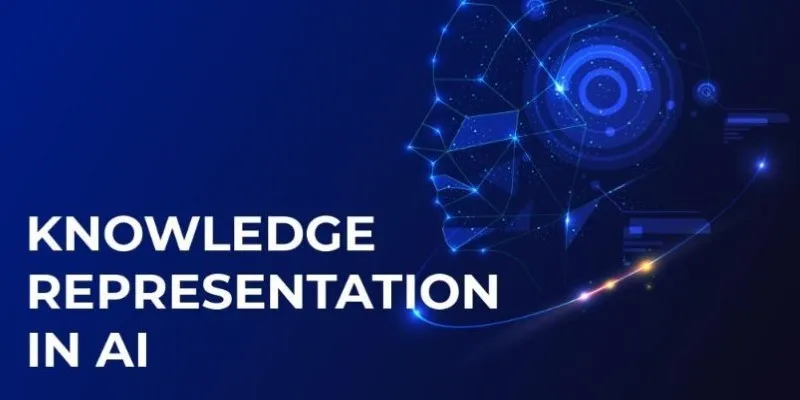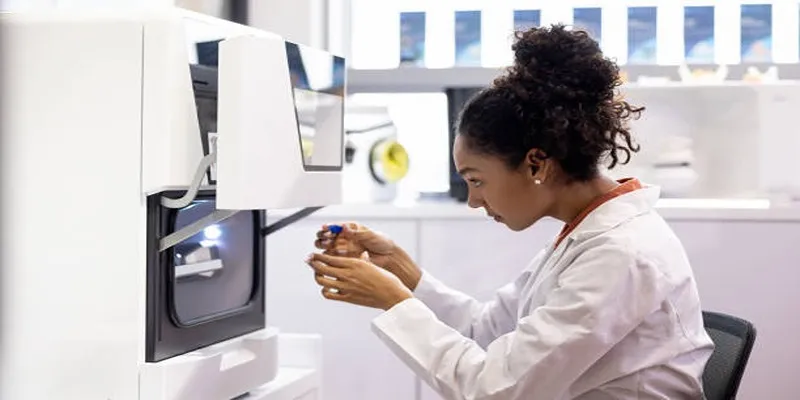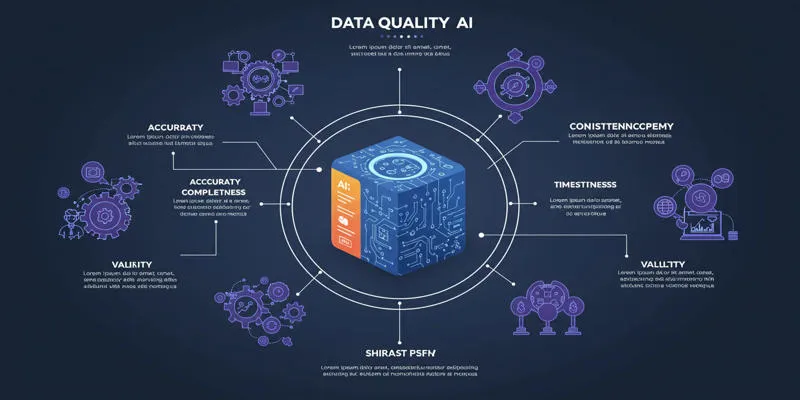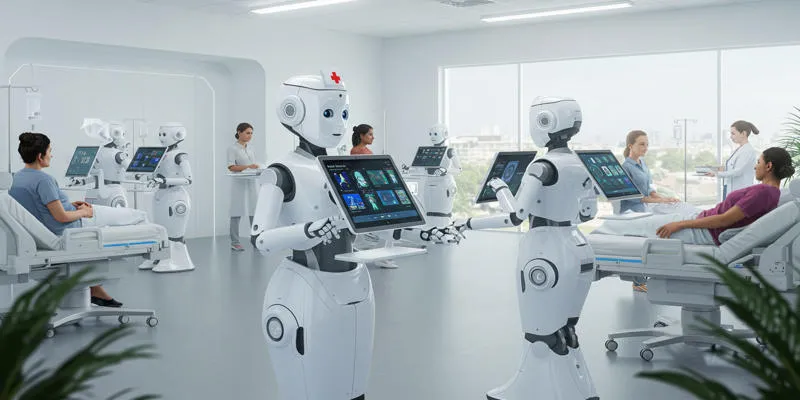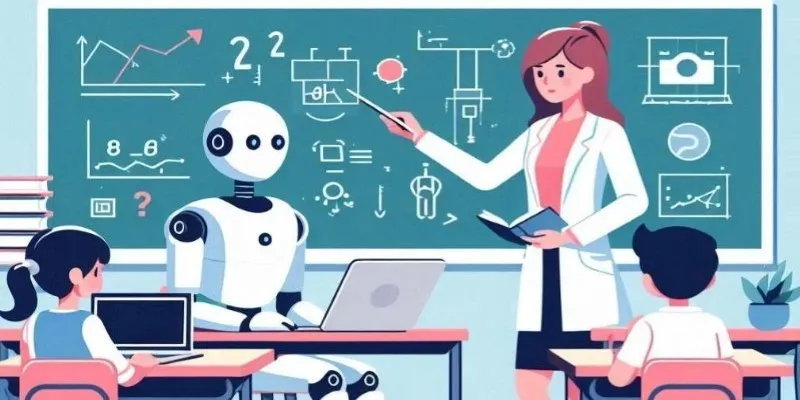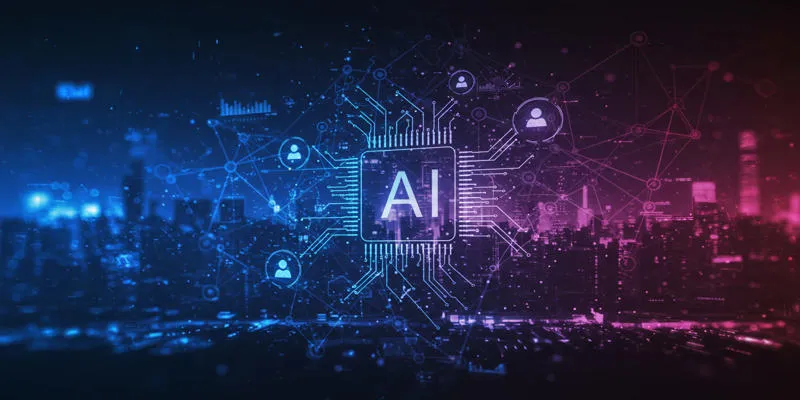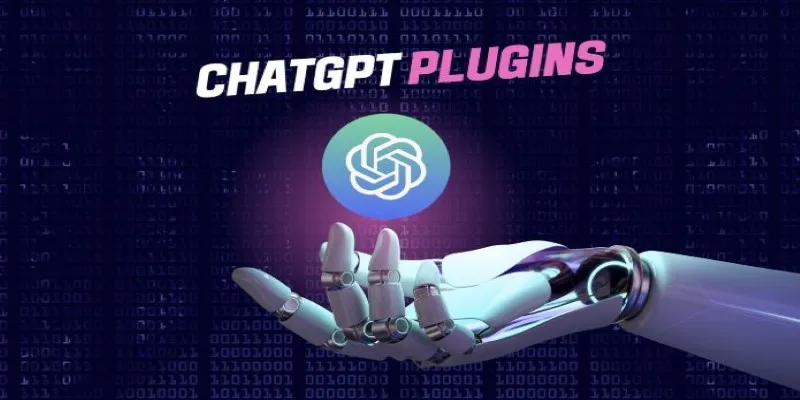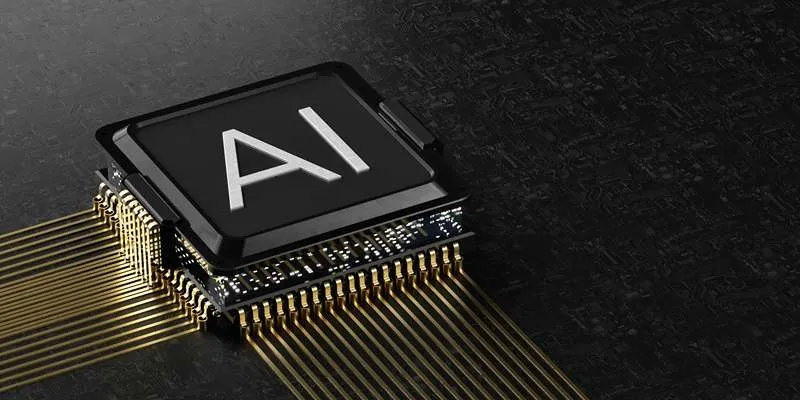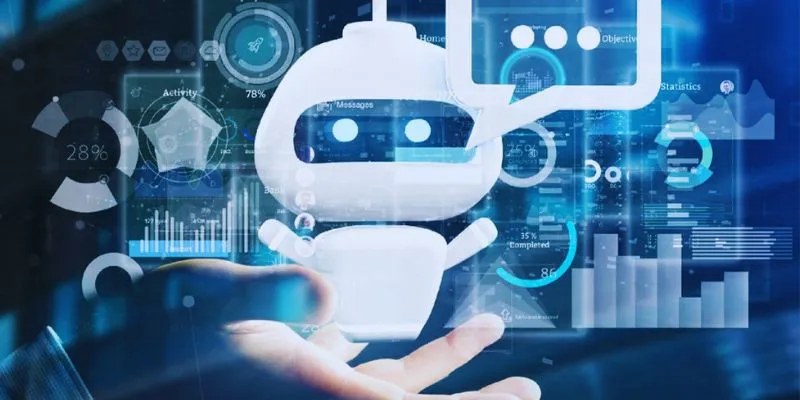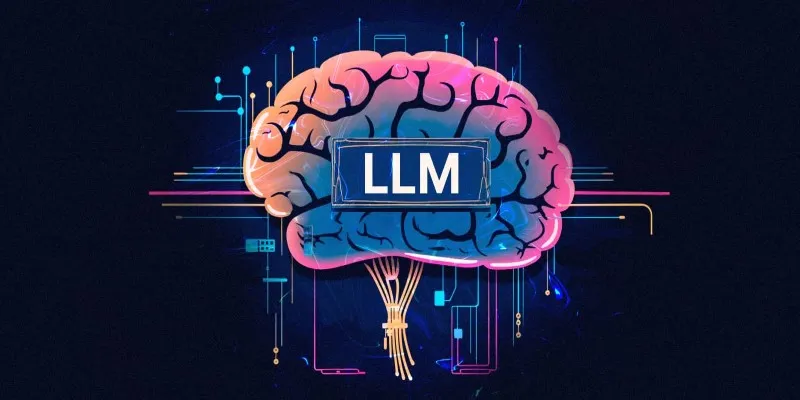Imagine walking into a clinic where your health history, test results, and symptoms are instantly analyzed to guide your doctor toward the most accurate diagnosis and best treatment — all within seconds. This isn’t science fiction anymore. Artificial intelligence in healthcare is turning this vision into reality. It’s quietly reshaping how doctors detect diseases, recommend treatments, and care for patients.
Far from replacing human expertise, AI is becoming a trusted partner in medicine—working behind the scenes to catch what busy eyes might miss. Its real power lies in improving lives and making healthcare faster, smarter, and more personalized than ever before.
The Role of AI in Diagnosis
Diagnosis has always been central to healthcare, but it’s also one of its toughest challenges. Doctors rely on experience and medical records, yet human limits remain. AI changes this reality by quickly analyzing complex data and spotting patterns invisible to the human eye. It helps detect diseases earlier, improves accuracy, and supports doctors in making faster, more confident decisions for better patient care.
AI doesn’t get tired or overwhelmed by data. It can scan through medical records, lab results, and detailed imaging studies in seconds, noticing patterns that even trained professionals may not catch. This power to detect the smallest minutiae in the early stages has gigantic potential—especially when it comes to diagnosing diseases like cancer, heart ailments, or diabetes when they’re still in their first, most curable phases.
In radiology, for example, AI software is being taught to read X-rays, MRIs, and CT scans with surprising accuracy. They can detect a small tumor, hairline cracks, or traces of infection well before they would be apparent to human eyes. What’s more remarkable is the fact that those AI systems only improve over time — learning on each image it reads, sharper, quicker, and more dependable as it accumulates.
The result? Faster diagnoses, fewer errors, and better chances for early treatment — all of which can make the difference between life and death for many patients.
AI-Driven Treatment Recommendations
Once a diagnosis is made, the next challenge is determining the best course of treatment. AI is helping to streamline this process by providing personalized treatment recommendations based on a patient’s specific medical history, genetic profile, and other relevant factors.

For instance, AI can be used to recommend personalized drug treatments by analyzing a patient’s genetic makeup and understanding how they might respond to various medications. This approach, known as precision medicine, aims to tailor treatments to individuals, reducing the trial-and-error process that often occurs with traditional treatments. By considering a wide range of variables, including a person’s genetic predispositions, AI can help healthcare providers select the most effective medications and dosage for each patient.
AI is also being employed to help doctors select the best course of action for complex cases. In oncology, for example, AI can recommend a personalized treatment plan by analyzing data from clinical trials, medical research, and real-world patient outcomes. This can include choosing between different types of therapies, such as chemotherapy, immunotherapy, or targeted treatments, based on the patient’s specific condition and genetic information.
Another area where AI is proving valuable is in the development of new drugs. AI systems can analyze vast amounts of scientific data, identifying patterns and potential drug candidates that may have otherwise been overlooked. By predicting how different compounds might interact with specific biological targets, AI can significantly speed up the drug discovery process, potentially bringing new treatments to market more quickly.
Improving Decision-Making and Reducing Human Error
AI doesn’t replace healthcare providers but rather supplements their expertise. While AI systems can process and analyze data quickly, they rely on human oversight for final decision-making. However, AI can help reduce human error by providing healthcare professionals with valuable insights and recommendations based on evidence and data analysis. This can improve decision-making, particularly in complex or urgent situations where time is of the essence.
AI systems can track vital signs and patient data in real-time, providing early alerts to healthcare providers. In critical care units, where patients face sudden health risks, AI can detect early warning signs of complications like sepsis or organ failure. This early detection allows medical staff to respond quickly, preventing severe conditions and improving overall patient safety and outcomes.
Additionally, AI can assist in monitoring patients’ progress over time, ensuring that treatment plans are adjusted as needed. By continuously analyzing patient data, AI systems can identify when a treatment is no longer effective or when a new condition emerges, prompting timely changes to the patient’s care plan.
Addressing Challenges and Ethical Considerations
AI in healthcare brings great potential, but it also raises several challenges and ethical concerns that need attention. One of the major issues is patient data privacy and security. AI systems depend on analyzing vast amounts of sensitive medical information to make accurate diagnoses and treatment recommendations. This raises concerns about how securely this data is stored, shared, and protected from breaches. Healthcare providers must ensure that AI tools follow strict privacy regulations, such as HIPAA, to maintain patient trust.

Another important challenge is avoiding bias in AI algorithms. If the data used to train AI systems lacks diversity or represents certain populations unfairly, the recommendations provided may not suit all patients equally. This can lead to disparities in care, particularly for marginalized groups. Developers must ensure AI tools are trained on inclusive and diverse datasets to promote fairness.
Finally, there is the concern about the human element in healthcare. AI can assist with decisions, but it cannot replace the empathy, communication, and trust built between doctors and patients. It is essential to view AI as a supportive tool that enhances healthcare delivery, not a replacement for human care.
Conclusion
AI in healthcare is reshaping the way diseases are diagnosed and treated, offering faster, more accurate, and more personalized care. While the technology brings significant benefits, it must be used responsibly with attention to privacy, fairness, and human involvement. AI should support healthcare professionals, not replace them, ensuring patients receive both advanced medical solutions and compassionate care. As AI continues to evolve, its thoughtful integration will lead to a more efficient, patient-centered future in healthcare.
 zfn9
zfn9


